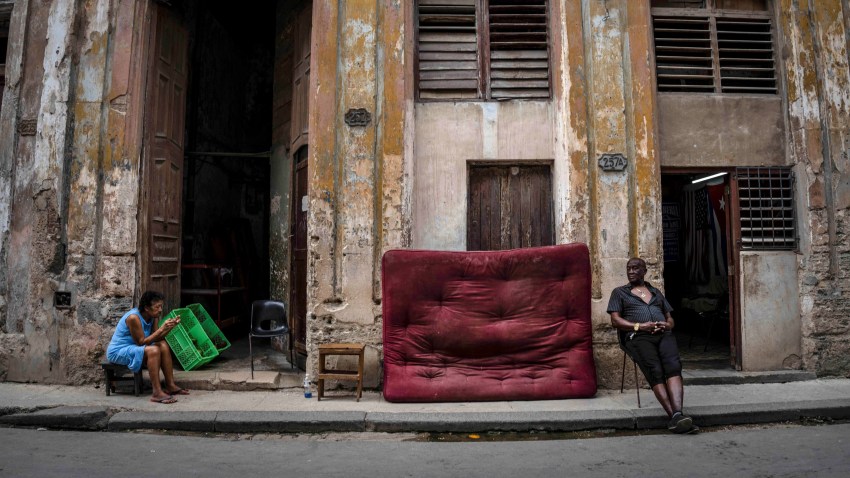HAVANA—Cuba is suffering. That was the inescapable conclusion from a recent trip to the island. The aged electrical grid is collapsing for lack of maintenance and spare parts, causing sporadic blackouts across the island. Factories bereft of raw materials and electricity are only operating part-time. And whether it’s the lack of enough food in stores, fuel at gas stations or medicine in hospitals, the hardships facing the Cuban people are palpable.
The twin blows of U.S. sanctions and the COVID-19 pandemic have drastically reduced Cuba’s foreign exchange earnings, plunging the island into its worst economic crisis since the collapse of the Soviet Union. Foreign exchange receipts have dropped 45 percent, prompting a reduction in imports of 27 percent in 2020 and 40 percent in 2021. The result is pervasive shortages of all kinds of goods.
The first blow hit in 2019, when the Trump administration adopted a policy of “maximum pressure” to cut off Cuba’s sources of foreign exchange. Trump blocked the flow of most family remittances sent by Cuban Americans abroad, causing cash remittances to fall from an estimated $3.7 billion in 2019 to $1.9 billion in 2021. He also prohibited most travel to the island by non-Cuban Americans and drastically curtailed air service from the U.S. in a bid to cripple tourism. His administration tried to interdict Venezuelan oil shipments and successfully pressured Latin American countries to end all medical service contracts with Cuba. Trump activated Title III of the 1996 Cuban Liberty and Democratic Solidarity Act to deter foreign investors by threatening them with litigation in U.S. courts for profiting from property that belonged to U.S. citizens and corporations before it was nationalized by the Cuban government. And in its final months, the administration put Cuba back on the list of state sponsors of international terrorism, crippling Cuba’s ability to engage in international financial activity.

